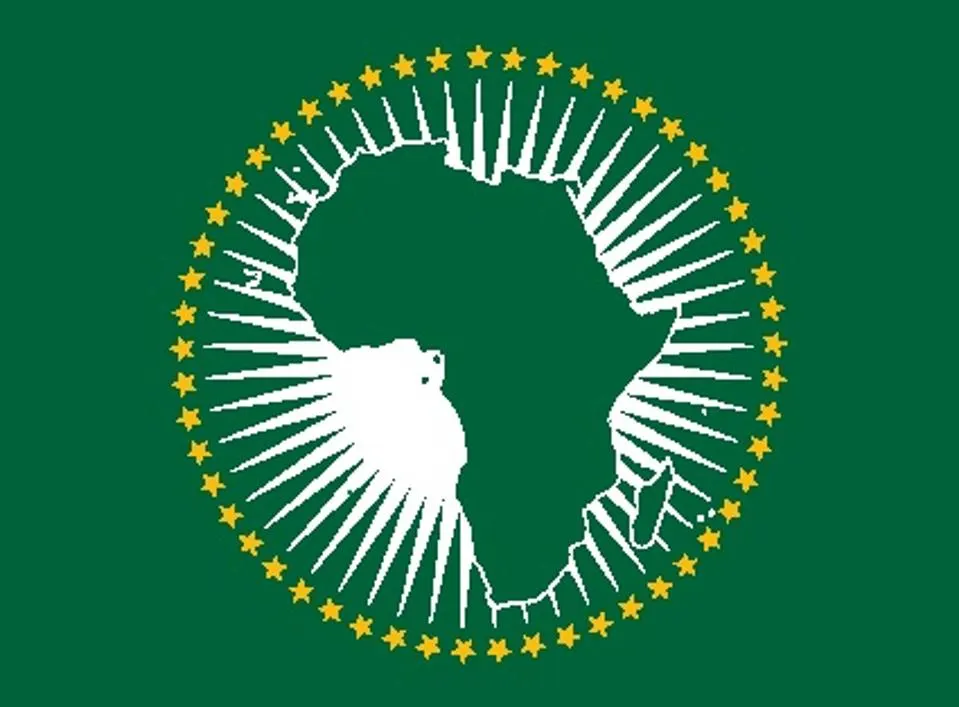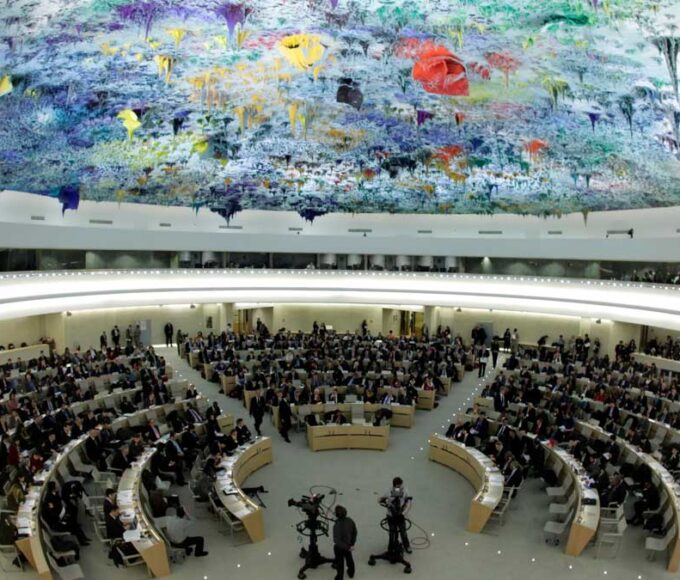- Home
- Billionaires
- Investing Newsletters
- 193CC 1000
- Article Layout 2
- Article Layout 3
- Article Layout 4
- Article Layout 5
- Article Layout 6
- Article Layout 7
- Article Layout 8
- Article Layout 9
- Article Layout 10
- Article Layout 11
- Article Layout 12
- Article Layout 13
- Article Layout 14
- Article Sidebar
- Post Format
- pages
- Archive Layouts
- Post Gallery
- Post Video Background
- Post Review
- Sponsored Post
- Leadership
- Business
- Money
- Small Business
- Innovation
- Shop
Recent Posts
Africa Nears ADA Moment with African Disability Protocol

As the 34th edition of the Africa Cup of Nations (AFCON) captivates global audiences, Africa stands on the cusp of a transformative moment in disability rights. Amidst the thrills of football, the spotlight shifts to a critical legislative endeavor poised to reshape the continent’s socio-cultural landscape—the African Disability Protocol.
With over $1 billion invested in infrastructure, including modernizing stadia and roads, Africa showcases its embrace of modernity. Yet, entrenched socio-cultural attitudes toward disability persist, fostering discrimination and exclusion. However, a beacon of hope emerges in the form of the African Disability Protocol, awaiting ratification by 15 African Union member states to enact significant change.
Drawing parallels to the Americans with Disabilities Act and the UN Convention on the Rights of Persons with Disabilities, the Protocol addresses unique challenges faced by Africa’s estimated 80 million individuals with disabilities. These challenges intertwine with deeply rooted customs and beliefs, exacerbating discrimination, particularly against women and girls.
Instances such as the plight of individuals with albinism underscore the urgency for change. Shockingly, superstitions lead to deadly attacks and social ostracization, perpetuating a cycle of fear and exclusion. Organizations like Sightsavers work tirelessly alongside the African Disability Forum and the African Union, advocating for ratification to break these barriers.
Grace Antwi-Atsu, Sightsavers’ global advocacy advisor, shares harrowing accounts, emphasizing the urgent need for systemic change. She recounts stories of children hidden away, denied basic rights due to societal misconceptions. Such narratives epitomize the vicious cycle of disability discrimination, perpetuating poverty and marginalization.
However, amidst these challenges lies a glimmer of hope. Individuals like John Chiti, a Zambian musician with albinism, epitomize resilience and triumph over adversity. Chiti’s journey, immortalized in a Netflix biopic, highlights the power of representation in challenging stereotypes and inspiring future generations.
Chiti’s resilience echoes a broader sentiment—a vision of Africa where disability is not a barrier to human rights. He emphasizes the fundamental principle that every individual deserves dignity and equality, irrespective of ability.
As Africa marches towards a more inclusive future, the passage of the African Disability Protocol represents a watershed moment—a step towards dismantling centuries-old stigmas and fostering a society where every individual can flourish. Beyond legislation, it’s a battle for hearts and minds—a collective endeavor to reshape perceptions and pave the way for a more inclusive tomorrow.
In the words of John Chiti, it’s not merely about soaring to great heights but about living peacefully, free from the shackles of discrimination. As Africa stands on the verge of its ADA moment, the legacy of this movement lies not in grand achievements but in the assurance that every individual, regardless of ability, is recognized, respected, and embraced as an integral part of society.
Recent Posts
Categories
- 193cc Digital Assets2
- 5G1
- Aerospace & Defense46
- AI37
- Arts3
- Banking & Insurance11
- Big Data3
- Billionaires426
- Boats & Planes1
- Business328
- Careers13
- Cars & Bikes76
- CEO Network1
- CFO Network17
- CHRO Network1
- CIO Network1
- Cloud10
- CMO Network18
- Commercial Real Estate7
- Consultant1
- Consumer Tech180
- CxO1
- Cybersecurity68
- Dining1
- Diversity, Equity & Inclusion4
- Education7
- Energy8
- Enterprise Tech29
- Events11
- Fintech1
- Food & Drink2
- Franchises1
- Freelance1
- Future Of Work2
- Games141
- GIG1
- Healthcare78
- Hollywood & Entertainment186
- Houses1
- Innovation42
- Investing2
- Investing Newsletters4
- Leadership65
- Lifestyle11
- Manufacturing1
- Markets20
- Media193
- Mobile phone1
- Money13
- Personal Finance2
- Policy567
- Real Estate1
- Research6
- Retail1
- Retirement1
- Small Business1
- SportsMoney33
- Style & Beauty1
- Success Income1
- Taxes2
- Travel10
- Uncategorized8
- Vices1
- Watches & Jewelry2
- world's billionaires395
Related Articles
UN Council Passes Landmark Resolution for Intersex Rights
The United Nations Human Rights Council has adopted a historic resolution focused...
By 193cc Agency CouncilApril 5, 2024Trump’s Navalny Response Criticized for Putin Silence
Former President Donald Trump has weighed in on the recent death of...
By 193cc Agency CouncilFebruary 20, 2024Hayley Williams Accuses Tennessee Lawmakers of Racism
Hayley Williams, lead singer of Paramore, has accused Tennessee lawmakers of racism,...
By 193cc Agency CouncilFebruary 17, 2024














Leave a comment